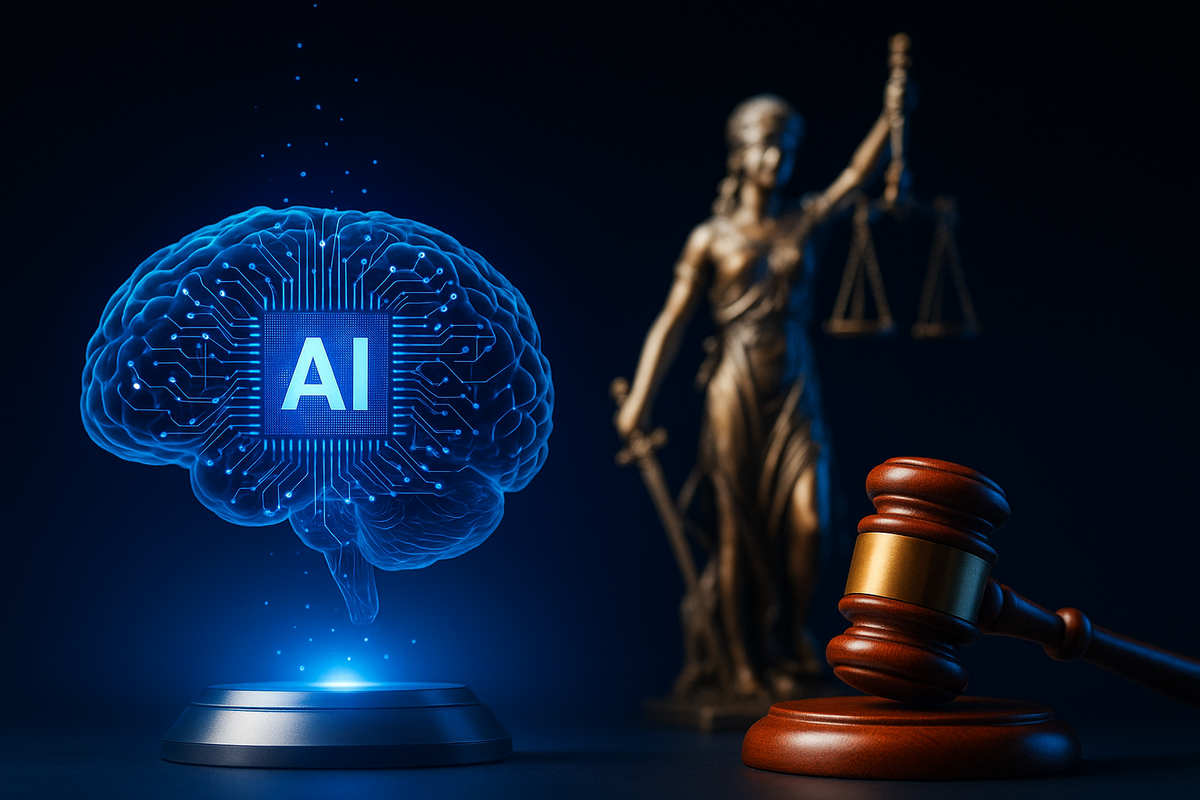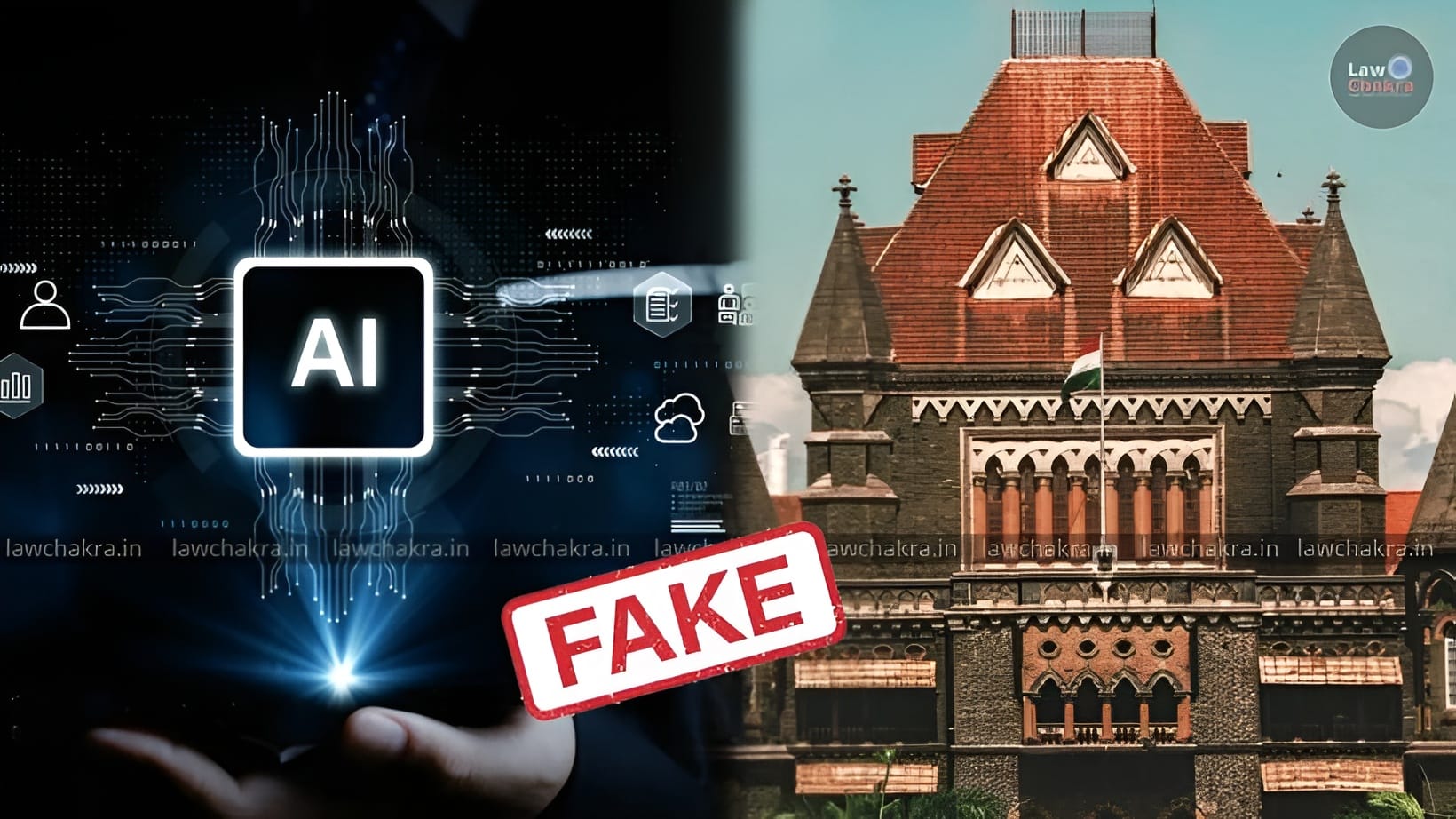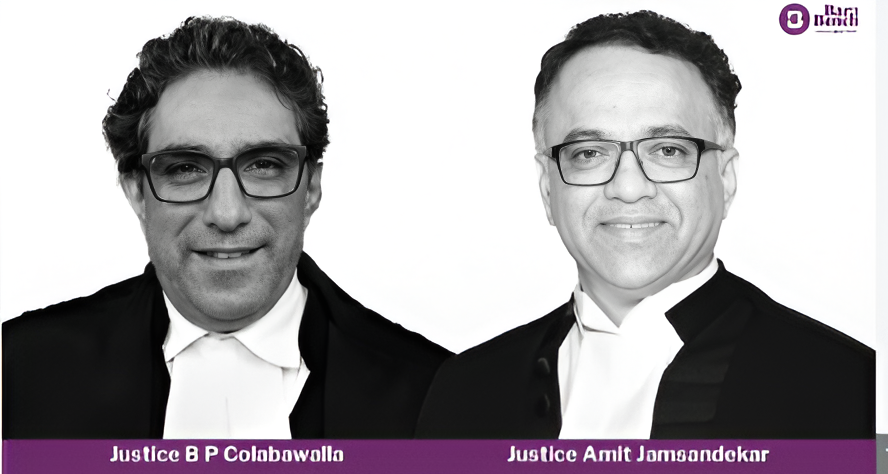

The Bombay High Court slams the Assessing Officer of the National Faceless Assessment Centre (NFAC) for citing AI-generated and unsubstantial judgments during court proceedings. The cases referred to in the Bench of Justices B.P. Colabawalla and Amit Jamsandekar by the NFAC were found to be nonexistent. This incident has raised serious concerns about the veracity and authenticity of the facts presented in court. The Bench emphasised that complete reliance on AI-generated content is unacceptable and that all such materials must be thoroughly cross-verified.
About the Case
The case concerned a 2023–2024 faceless assessment conducted by KMG Wires and the National Faceless Assessment Centre (NFAC). Initially declared at ₹3.09 crore, the total income was evaluated at ₹27.91 crore. Citing procedural inconsistencies, the NFAC filed a case in court. However, it was unable to produce any hard proof and instead relied on Artificial Intelligence (AI) generated content for judical references and precedents. There were two main arguments made.
The first claimed that the notice under Section 133(6) of the Income Tax Act had not been responded to and pertained to the ₹2.15 crore purchase of Dhanlaxmi Metal. KMG Wires argued that all necessary bills, receipts, and GST returns were included in the 100-page report that had already been turned in. In a subsequent affidavit dated September 22, 2025, the tax department acknowledged that this response had been missed. A peak balance of ₹22.66 crore in unsecured loans from directors was alleged in the second issue, which concerned three AI-generated judicial precedents that the opposing party claimed were "AI hallucinated." KMG Wires was not given a chance to reply because no show-cause notice was given. The petitioner did not provide the High Court with the justification for the judicial precedents that were presented. The court noted, "One tends to place much reliance on the results thrown open by the system in this era of AI."

The Judicial Remarks and Judgement
The Bench quashed the notice of demand under Section 156, the penalty notice under Section 274 read with Section 271AAC, and the assessment order issued under Section 143(3) read with Section 144B of the Income Tax Act (Faceless Assessment). The case was remanded to the Assessing Officer with strict instructions to pass a reasoned and speaking order by December 31, 2025, give the assessee a fair opportunity and a personal hearing, and issue a new show-cause notice (SCN) that outlines the proposed additions and disallowances.
By mandating that KMG Wires be given sufficient notice of at least seven days to contest any court rulings that are relied upon, the Bombay High Court also established a crucial safeguard for future proceedings.
Justices B.P. Colabawalla and Amit Jamsandekar stressed the need for cross-verification and the unreliability of such data when they commented on the use of AI-generated content. They noted that while Artificial Intelligence (AI) could be a useful tool for increasing transparency, it should not be used in place of justice.

